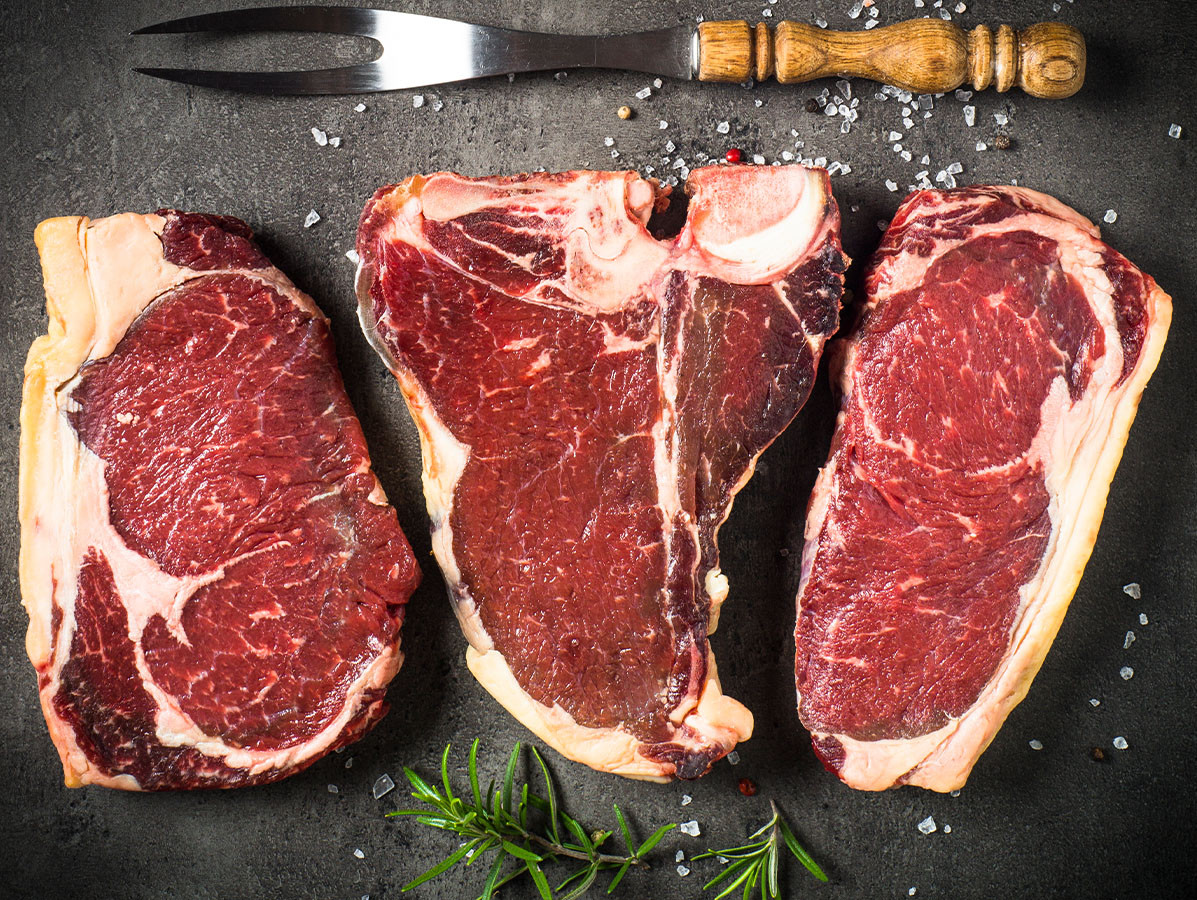We're currently searching through more than 4,000 articles, just a moment's patience...
We're currently searching through more than 4,000 articles, just a moment's patience...

Aged meat does not pose any additional risks compared to fresh meat if it is aged under controlled conditions, EFSA experts concluded in a scientific opinion released recently.
“Aged meat has risen in popularity in recent years among the food industry and restaurants yet until now there has been a lack of knowledge about its safety. EFSA’s advice contributes to fill that gap and provides a solid scientific basis for food business operators to produce aged meat that is safe,” said the Chair of EFSA’s Panel on Biological Hazards, Prof Kostas Koutsoumanis.
There are no additional risks involved provided that the specific combination of time and temperature identified in the scientific opinion are observed during the ageing process. For example, dry aged beef can be considered as safe as fresh beef if ageing is done for up to 35 days at a temperature of 3°C or lower.
EFSA’s experts looked at current practices and identified the relevant pathogens and spoilage bacteria that might develop and survive during the ageing process and that could be harmful for health.
In the case of dry aged meat, the experts also advised that the surface temperature not exceed 3°C during the ageing process. This is because at higher temperatures mould might grow on the surface of dry aged meat and some of these moulds naturally produce mycotoxins - toxic compounds that can have harmful health effects.
Finally, the experts concluded that the HACCP and prerequisite programmes used to ensure the safety of fresh meat are also applicable to aged meat.
Source: EFSA
Vakblad Voedingsindustrie is a project of b2b Communications BV.
© COPYRIGHT 2024 VOEDINGSINDUSTRIE | ALLE RECHTEN VOORBEHOUDEN
Powered by Wallbrink Crossmedia © 2024
Een abonnement kost € 80,- exclusief 9% BTW per jaar.

We work in accordance with the privacy legislation. After your registration you will receive an e-mail with a confirmation link. Only after you have clicked on this link will you be registered as a recipient of the newsletter. If you can't find the e-mail in your inbox, please also look at unsolicited e-mail.


Lorem ipsum dolor sit amet, consectetuer adipiscing elit. Aenean commodo ligula eget dolor. Aenean massa. Cum sociis natoque penatibus et magnis dis parturient montes, nascetur ridiculus mus. Donec quam felis, ultricies nec





